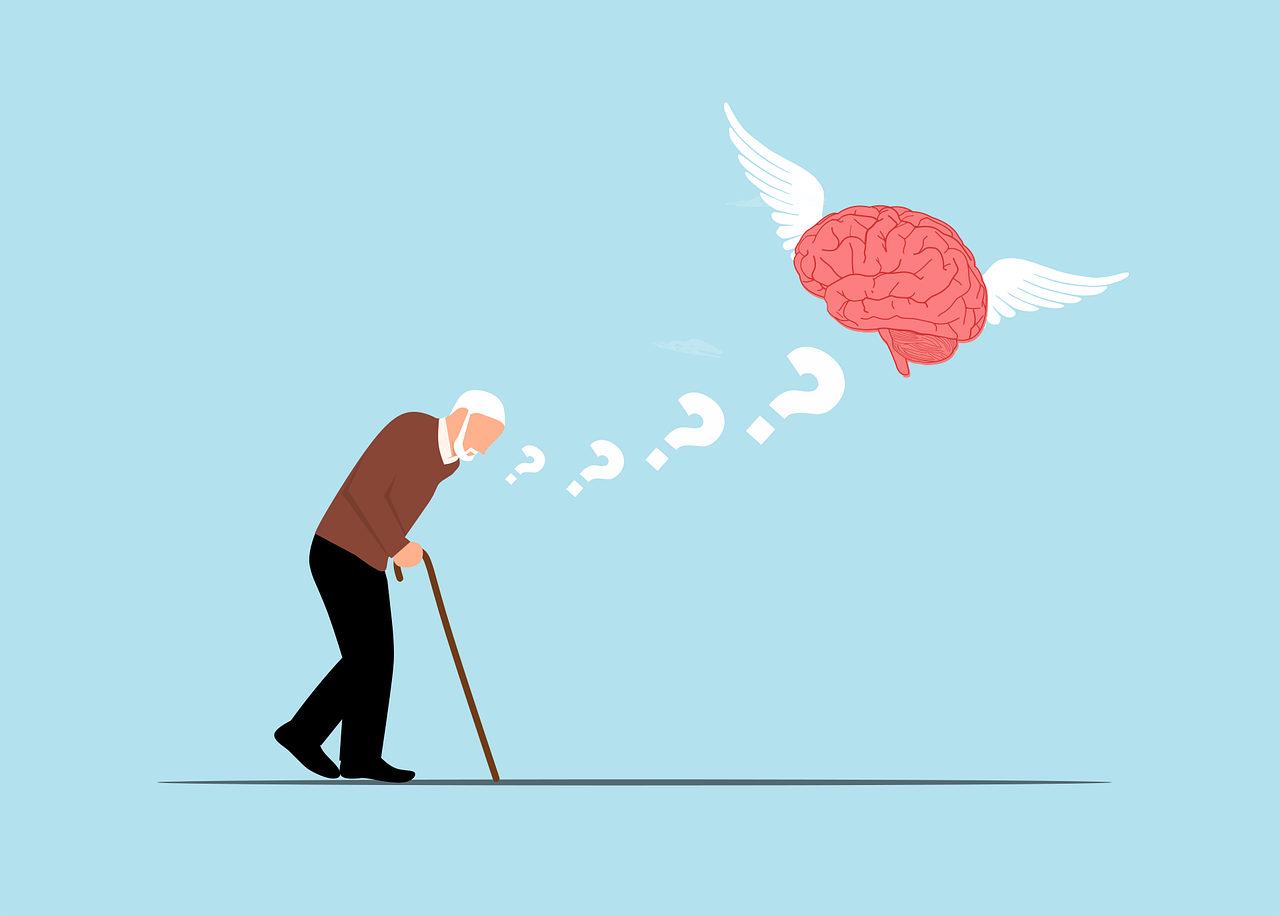Book Appointment Now

Care Plans and Family Education for Alzheimer’s Patients
Alzheimer’s disease is a progressive neurodegenerative disorder that affects memory, thinking, and behavior. Managing this condition requires a comprehensive approach that includes care plans and family education for Alzheimer’s patients. A well-structured care plan can help address the patient’s needs while empowering family members with the knowledge and resources they need to provide effective support.
Understanding Alzheimer’s Care Needs
Alzheimer’s disease presents unique challenges that require tailored approaches to care. Patients often experience memory loss, confusion, changes in behavior, and difficulty performing everyday tasks. A personalized Alzheimer’s patient care plan can provide structured support and enhance the patient’s quality of life. Additionally, educating family members ensures they understand the disease’s progression and learn ways to cope with the emotional and practical challenges.
Do you need essay writing help about care plans for Alzheimer’s patients? ![]()
Key Elements of a Care Plan for Alzheimer’s Patients
An effective care plan should be individualized, focusing on the specific needs and preferences of the patient. Key components include:
Comprehensive Assessment
- Physical Health: Regular medical check-ups, management of coexisting conditions, and medication monitoring.
- Cognitive Function: Regular assessments to monitor cognitive decline and adjust care strategies accordingly.
- Emotional and Behavioral Health: Identifying symptoms of depression, anxiety, or aggression, and addressing them through appropriate interventions.
Daily Living Assistance
- Personal Care: Assisting with bathing, dressing, grooming, and toileting to maintain hygiene and dignity.
- Nutrition and Hydration: Providing balanced meals, ensuring adequate fluid intake, and monitoring for swallowing difficulties.
- Mobility and Safety: Implementing safety measures to prevent falls, and providing physical support for mobility issues.
Cognitive and Social Stimulation
Engaging patients in meaningful activities can help slow cognitive decline and improve their emotional well-being. Activities may include:
- Memory Games and Puzzles: Exercises that challenge cognitive skills and promote mental stimulation.
- Music and Art Therapy: Creative therapies that can provide emotional relief and improve mood.
- Physical Exercise: Encouraging light exercises, such as walking or stretching, to maintain physical health and reduce agitation.
Educating Families for Better Alzheimer’s Care
Family education is crucial in supporting Alzheimer’s patients. Here are key areas to focus on:
Understanding the Disease Progression
- Stages of Alzheimer’s: Educate families about the different stages of Alzheimer’s, from mild cognitive impairment to severe dementia.
- Behavioral Changes: Help families understand common behavioral changes, such as wandering, aggression, or sundowning, and provide strategies to manage them.
Communication Techniques
- Effective Communication: Teach families how to communicate clearly and compassionately, using simple language and maintaining a calm demeanor.
- Non-Verbal Cues: Emphasize the importance of body language, eye contact, and a gentle tone to convey empathy and understanding.
Caregiver Support and Self-Care
- Stress Management: Encourage caregivers to seek support, practice stress-relief techniques, and take regular breaks to prevent burnout.
- Support Groups: Provide information on local or online support groups where families can share experiences and gain emotional support.
Role of Nurses in Alzheimer’s Patient Care and Family Education
Nurses play a pivotal role in both developing care plans for Alzheimer’s patients and providing education to families. Their responsibilities include:
- Creating Personalized Care Plans: Working with multidisciplinary teams to assess the patient’s needs and develop tailored care plans.
- Educating Families: Providing training on patient care, medication management, and behavioral strategies.
- Offering Emotional Support: Helping families cope with the emotional challenges of caring for a loved one with Alzheimer’s.
Practical Strategies for Family Caregivers
For effective Alzheimer’s care strategies, family caregivers should consider the following:
Maintaining Routine and Structure
- Consistent Daily Schedule: Establishing a routine can reduce confusion and anxiety for the patient.
- Adaptable Activities: Modify activities to match the patient’s current abilities, ensuring they remain engaged and stimulated.
Creating a Safe Home Environment
- Remove Hazards: Clear walkways, remove loose rugs, and install grab bars to prevent falls.
- Use Safety Devices: Consider using monitoring devices, door alarms, and GPS trackers to ensure the patient’s safety.
Developing effective care plans and family education for Alzheimer’s patients is essential for providing holistic and compassionate care. By understanding the disease progression, learning effective communication techniques, and creating a safe environment, families can better support their loved ones with Alzheimer’s. Nurses play a key role in this process, offering guidance and support to both patients and their families, ensuring a higher quality of life for all involved.
Also read:
- Pathophysiology of Alzheimer Disease Discussion
- Walden University – 4430 Week 11: Therapy for Patients With Dementia/Alzheimer’s and Comorbid States Essay Assignment Help







